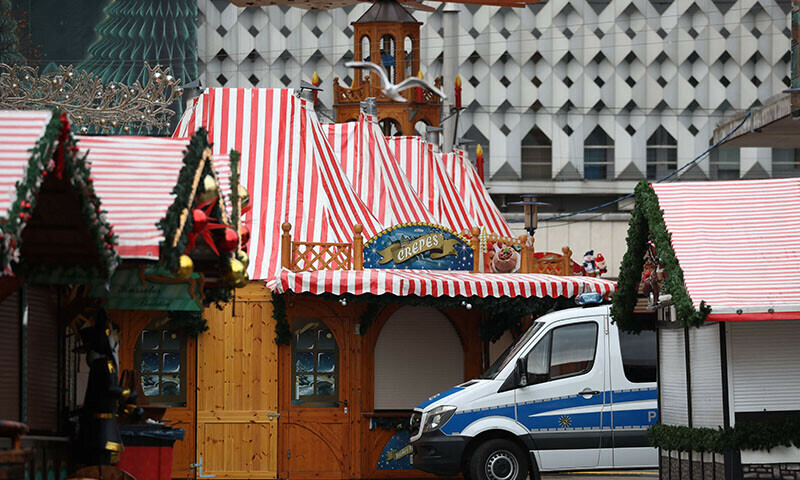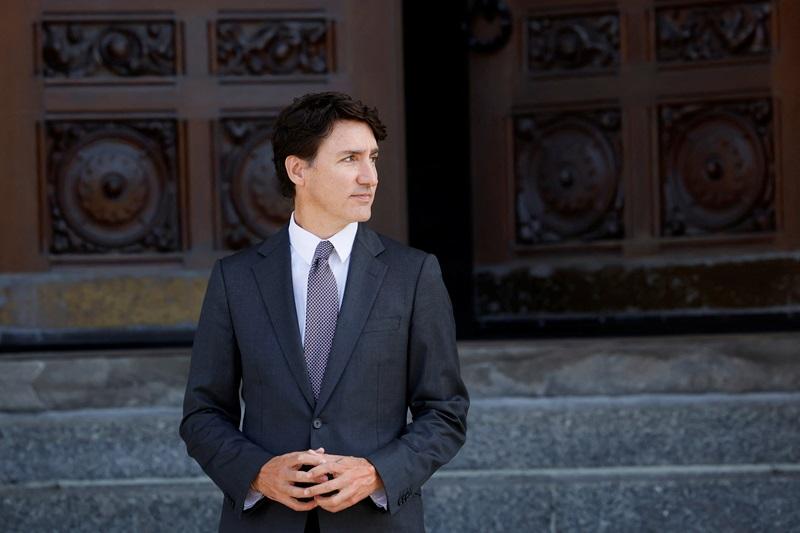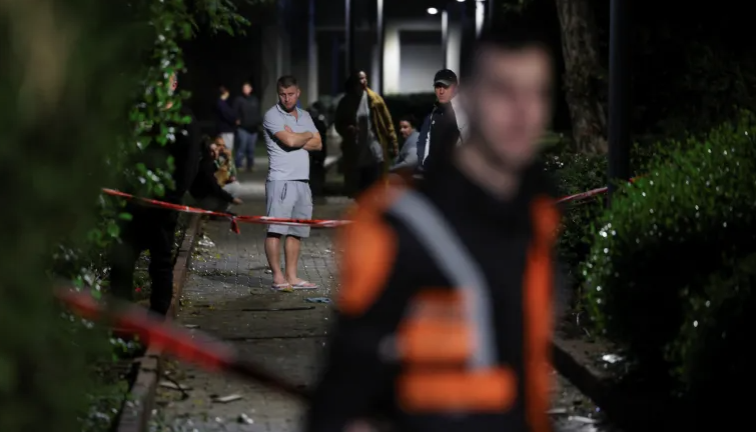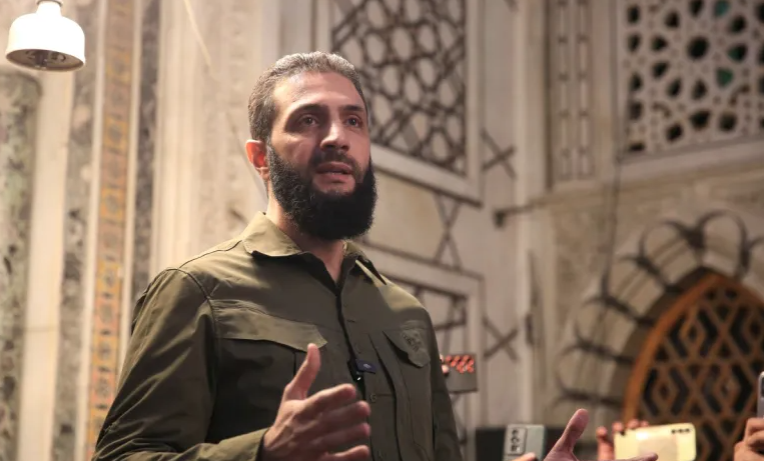WORLD NEWS
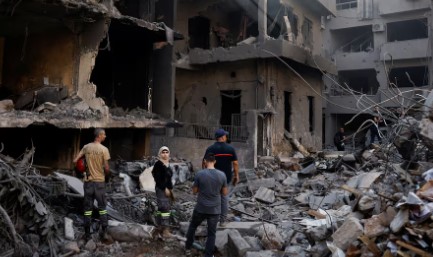
Hezbollah is preparing for a protracted conflict in southern Lebanon following the assassination of its leader, Sayyed Hassan Nasrallah, by Israeli forces. According to sources familiar with Hezbollah's operations, the group is now under new military command, which is directing rocket fire and coordinating ground conflicts against Israeli troops that have crossed into Lebanese territory.
The Iran-backed militant group has suffered substantial losses over the past three weeks, including Nasrallah and other key leaders. Observers are closely monitoring how effectively Hezbollah can resist the advancing Israeli military, which aims to diminish the group’s presence along the border.
Stockpile of Weapons and New Command Structure
Despite Israeli airstrikes claiming to have significantly depleted Hezbollah's arsenal, the group reportedly retains a substantial stockpile of weapons, including powerful precision missiles that have yet to be deployed. The command structure of Hezbollah was initially disrupted after Nasrallah's assassination on September 27, but a new "operations room" was established shortly thereafter to ensure continued military coordination.
A senior Hezbollah source confirmed that the new command is functioning under secrecy, allowing fighters in southern Lebanon to execute orders and engage Israeli forces efficiently. Hezbollah has not publicly named a successor to Nasrallah, and the deputy leader, Sheikh Naim Qassem, has expressed support for ceasefire negotiations while affirming the group's operational capabilities.
Military Developments and Tunnel Warfare
Israeli ground forces have entered southern Lebanon, resulting in close-quarter battles with Hezbollah fighters. The Israeli military reports that 12 soldiers have been killed since the commencement of operations. Both Hezbollah and Israeli officials acknowledge the existence of an extensive tunnel network in southern Lebanon, which Hezbollah considers crucial to its military strategy.
Israeli military footage suggests that these tunnels have been a significant factor in recent operations. Analysts believe Hezbollah's ability to utilize these tunnels could play a pivotal role in their continued resistance against Israeli advances.
Ongoing Conflict and Capabilities
Despite suffering losses, including the deaths of senior commanders, analysts suggest that Hezbollah is still capable of launching rocket attacks against Israel. The group has reportedly refrained from deploying its most advanced weaponry to preserve its capabilities for a drawn-out conflict and to avoid provoking a harsher Israeli response.
Israel’s airstrikes have claimed to destroy thousands of Hezbollah rockets, but sources indicate that the group has only been firing a fraction of its potential arsenal. Estimates suggest Hezbollah possesses upwards of 150,000 missiles and rockets.
Implications for the Region
The ongoing conflict has displaced over a million people in Lebanon, predominantly from the Shi'ite community that supports Hezbollah. Analysts predict that Israeli forces may continue their advance into Lebanon, raising concerns about the cost of such actions for both sides.
As the situation unfolds, Hezbollah aims to demonstrate its resilience not only to Israel but also to its constituents in Lebanon and its allies in the region, reaffirming its commitment to inflicting significant harm on Israeli forces.
